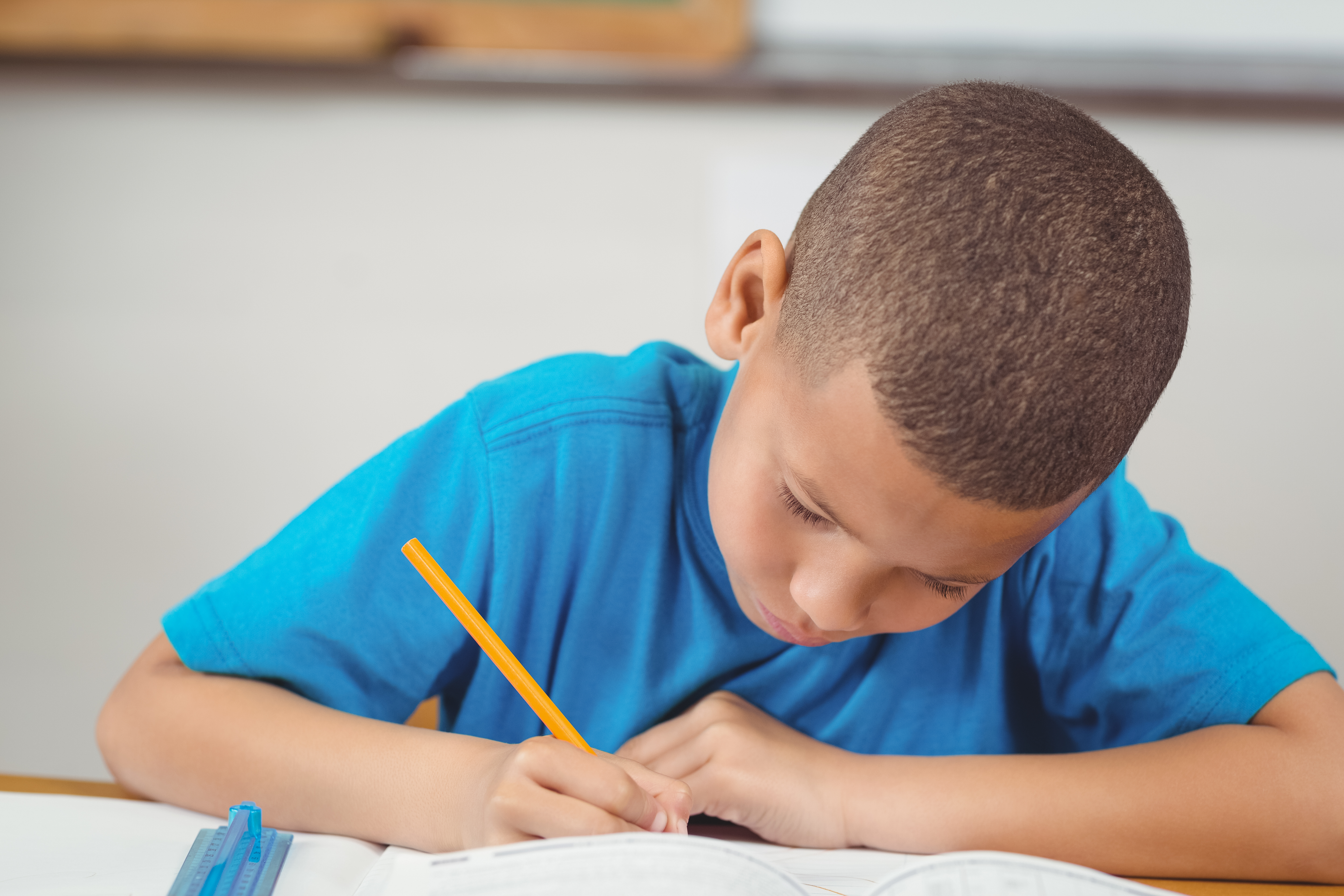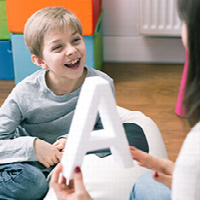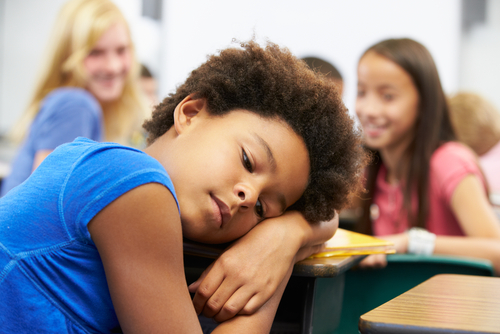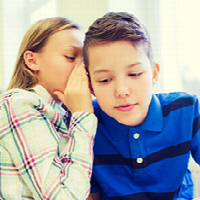I emailed my son’s 5th-grade teacher the other day to check in, referring lovingly to my son as my own little “Encino Man.” It sounds odd, I know, but if you’ve never seen that early-nineties gem of a Pauly Shore movie, it’s about a prehistoric caveman who thaws out from a block of ice in a high-schooler’s yard, gets cleaned up, and is passed off as a foreign-exchange student navigating through senior year. I bring up the analogy of a cave person thawing out and being thrust into society because I feel like our kids are experiencing a massive adjustment of emerging back into the school environment after many being home for close to a year and a half. Sure enough, the teacher emailed me back with a bunch of smiley emojis and wrote, “We are ALL ‘Encino people’ right about now.”
The COVID-19 pandemic has truly changed the way we must view schooling, at least for the present time. All of the sudden, after engaging (or not engaging) in distance learning on and off for over a year, kids are back in a class of often 30 children. In addition to the anxiety and emotions that students are feeling, they are learning in masks, must remember to try and social distance, try to wash and sanitize their hands often, and follow the COVID-rules in and out of the classroom. Many children are terrified of catching the virus, and others are still mourning the loss of normalcy that we have all suffered throughout the pandemic. This is all in addition to the usual academic content standards that kids must master in their current grades, without teachers really having the time to consider the massive learning gaps that exist from a pandemic-style education. It has been challenging, to say the least, for students, teachers, and parents.
Now that we are heading into a new year, our practice is seeing certain issues pop up with our students and their parents. For example, for most kids, their first few sets of quizzes and tests have been taken --- and it is not uncommon for us to see a student coming into a session clutching a crumpled up piece of paper that they want to show us but...don’t want to show us. We assure parents that the first batch of assessments is a true learning experience in and of itself. Yes, it’s important that concepts were taken in, but it’s equally important to know how to take a quiz or test. So much goes into test-taking, from pacing oneself, learning how a test is formatted, understanding the kinds of questions that are asked, knowing how to study for the next exam, following all directions, and so much more. Yet, parents are not sure how to process these low first grades, and some are expressing their disappointment in front of their children. Although it’s extremely difficult to keep these emotions at bay (and I am also a mom, so I get this!), when a child steps forward and shares a low score, we must all take a deep breath and put on our best poker faces. Students want to do well, and when they don’t, it is tough for them to ask for help. When it’s a good time, that quiz or test can be used as a learning tool to understand more about where any breakdowns happened and why; staying calm will make this child more receptive to sitting down to review the test to prepare for next time. This pleasant child-parent exchange will also set the stage for sunnier skies when future quizzes and tests come rolling in. I bring up this academic example because it’s just one of the many-layered bumps in the road that kids have fresh, raw feelings about right now. Other such “bumps” include trying to learn sometimes implied foundational knowledge while keeping up with current schoolwork, having to deploy sometimes weak executive functioning skills, learning how to self-advocate in and out of class, and being disciplined with time after school when everyone is just so exhausted from a packed school day.
Thus, I think when we interact with our students right now, we must do so with a sense of grace, flexibility, and understanding. They need to readjust to this new reality after the trauma of the past year. Honestly? We all do. What has transpired since March of 2020 has been beyond comprehension, and sometimes I still ask myself, “what just happened?” Some kids may be shouting out in class, learning how to socialize again on the yard, and getting used to those studentship skills once more. Others may be struggling with some form of screen addiction (another reality of quarantine life). As parents and professionals who work with kids, we need to be prioritizing social-emotional learning in addition to academics. We have to teach kids how to identify what they are feeling, normalize certain emotions, and provide them with the explicit teaching of skills that we may think they implicitly know. Our goals should always be psycho-educational in nature and should include increasing schoolwork stamina, scaffolding time seated in class, and creating positive feelings and experiences surrounding learning. Creating a multi-disciplinary approach when considering kids is paramount, as each person has his or her own niche -- and support must be specialized and fitted to the student appropriately for maximum effectiveness. It takes a village! Therefore, when you look at your own little ‘Encino person,’ “just chill,” as Pauly Shore would say. “It’s been a harsh ride.”
Author:
Andrea Chernin, M.Ed., ET/P
Educational Therapist &
Executive Director of Illuminate Educational Therapy Group












